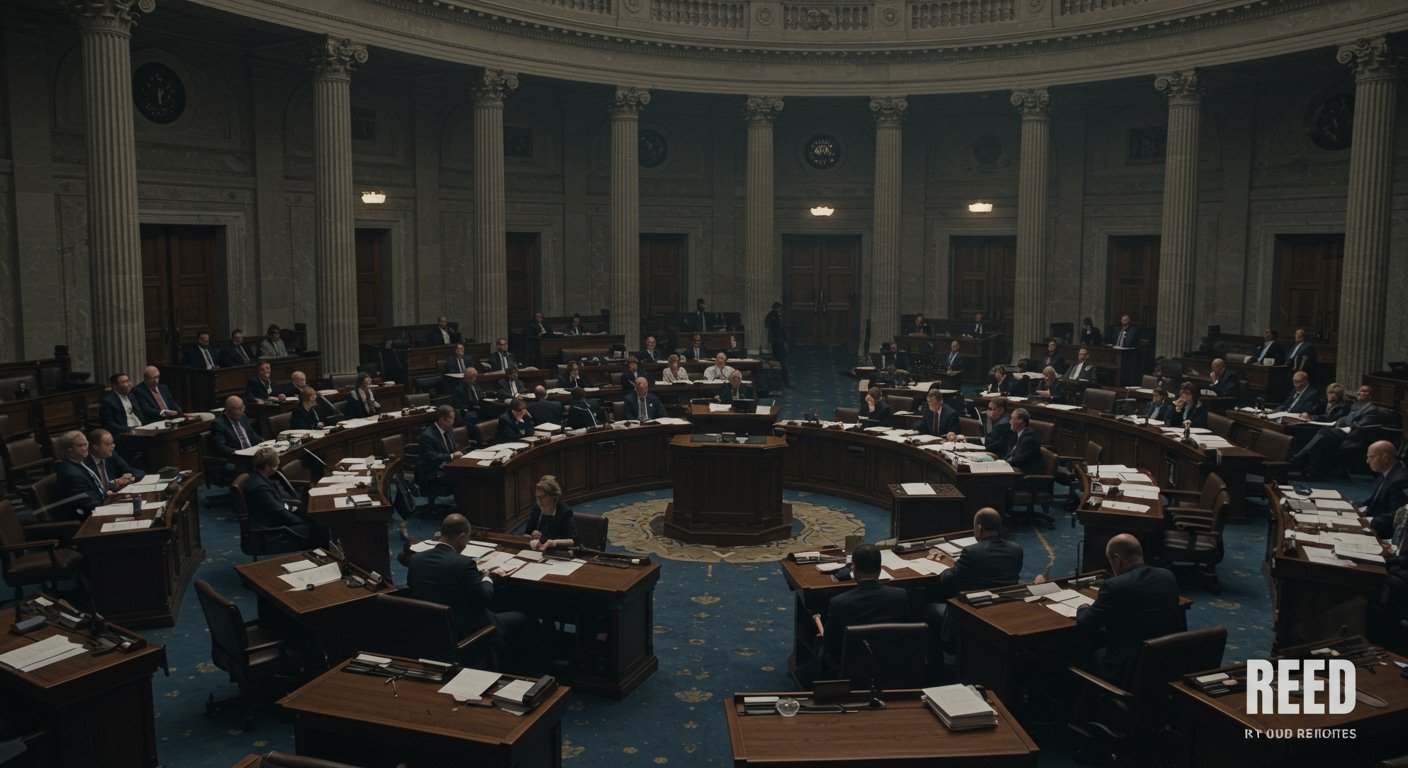New York City
A federal judge in New York City on Saturday issued a significant preliminary injunction, temporarily blocking Elon Musk’s Department of Government Efficiency (DOGE) from accessing sensitive records held within the U.S. Treasury Department’s central payment system. The order, handed down by U.S. District Judge Paul A. Engelmayer early on February 8, marks a crucial development in a legal challenge brought by nearly two dozen state attorneys general.
The ruling follows a lawsuit filed just the day prior, on Friday, February 7, in the same federal court. The action was initiated by a coalition of 19 Democratic attorneys general who allege that the Trump administration illegally granted DOGE access to the critical financial system. This system is responsible for managing trillions of dollars in federal disbursements annually, including essential payments such as tax refunds, Social Security benefits, veterans’ benefits, Medicare, and Medicaid.
Safeguarding Sensitive Financial Information
The Treasury’s central payment system is not merely a conduit for funds; it is also a vast repository of highly sensitive personal data. According to the lawsuit, it contains private information, including Social Security and bank account numbers, for millions of Americans. The plaintiffs argue that allowing an external entity like DOGE unsupervised access poses a severe risk to the security and privacy of this critical information.
Led by New York Attorney General Letitia James, the multi-state lawsuit puts forth several key legal arguments. They contend that DOGE’s access violates established federal law governing the handling of such data and government systems. Furthermore, they argue that this access jeopardizes the private information of millions of citizens, potentially exposing them to identity theft or other forms of financial harm. A particularly concerning allegation is that such access could potentially enable the blocking or manipulation of federal payments, disrupting the flow of essential funds to vulnerable populations.
Crucially, the lawsuit also asserts that granting DOGE access in this manner breaches the U.S. Constitution’s fundamental principle of separation of powers, suggesting an overreach of executive authority into areas typically safeguarded by legislative controls or requiring specific legal authorization.
The Scope of the Lawsuit
The legal challenge involves a broad coalition of states, reflecting widespread concern among Democratic leaders regarding the access granted to DOGE. The 19 states participating in the lawsuit are Arizona, California, Colorado, Connecticut, Delaware, Hawaii, Illinois, Maine, Maryland, Massachusetts, Minnesota, Nevada, New Jersey, New York, North Carolina, Oregon, Rhode Island, Vermont, and Wisconsin. Their united front underscores the perceived severity of the potential risks involved.
Judge Engelmayer’s preliminary injunction is a forceful directive aimed at immediately halting any further unauthorized access and mitigating potential damage. His order specifically requires anyone who had prohibited access to the system since January 20 to immediately destroy any and all downloaded copies of the material obtained during that period. This specific date suggests that concerns about access may date back several weeks prior to the filing of the lawsuit.
Implications and Next Steps
The judge’s decision represents a significant early victory for the coalition of attorneys general and highlights judicial concern over the alleged unauthorized access to critical government financial infrastructure. It reinforces the legal boundaries surrounding access to sensitive federal data and underscores the importance of proper legal procedures and privacy safeguards.
The case is far from over. A hearing is currently scheduled for February 14, where the parties are expected to present further arguments regarding the legality of DOGE’s access and potentially debate whether the preliminary injunction should be made permanent or modified. The outcome of this case could have lasting implications for how government data systems are accessed and what oversight is required, particularly for new or experimental governmental initiatives like the Department of Government Efficiency.












